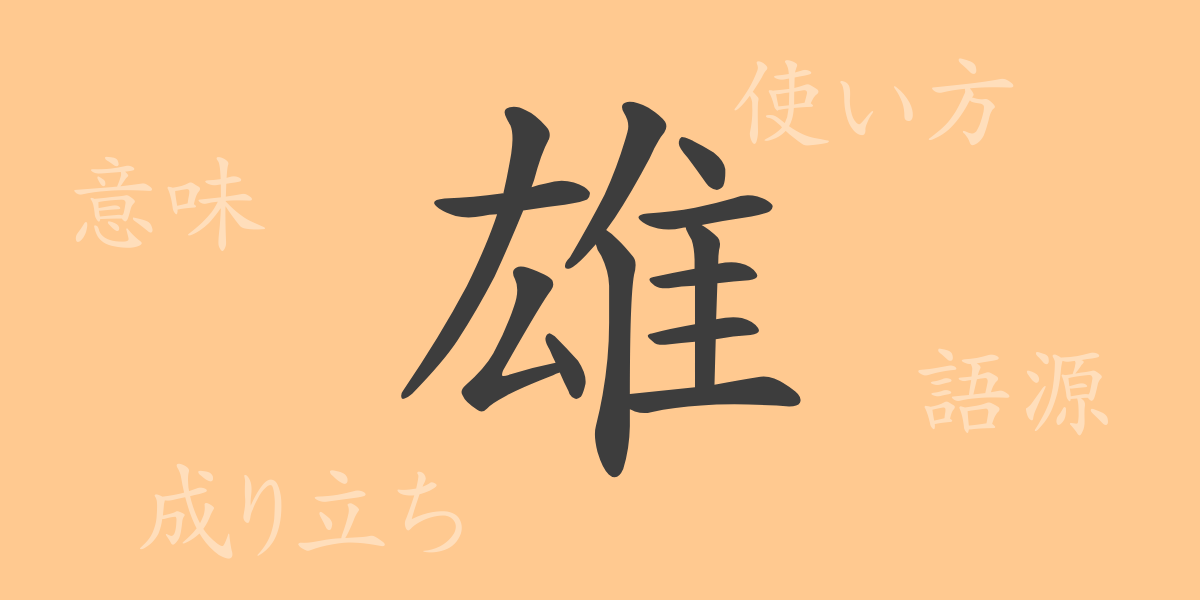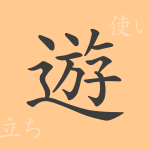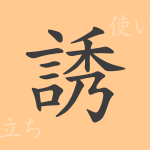One of the 常用漢字 (jōyō kanji, commonly used kanji) that symbolizes the depth of Japanese written culture is 「雄」 (yū). This single character embodies meanings such as strength, bravery, and leadership, and is used in a variety of expressions in the Japanese language. In this article, we will delve into the charm of 「雄」 (yū), exploring its origins, meanings, usage, and even familiar idioms and proverbs that feature this character.
The Origin of 雄 (yū)
To explore the origin of the kanji 「雄」 (yū), we need to trace back to its etymology. In ancient China, 「雄」 (yū) was used to refer to men who possessed strength and superior qualities. As a pictograph, it developed from the combination of 「隹」 (zhuī, bird), representing a male bird, and 「厶」 (sī), a symbol of power, to convey the dignity and strength of a man.
Meanings and Usage of 雄 (yū)
「雄」 (yū) generally means male or man, but it also encompasses broader meanings of strength and excellence. For instance, a person who exhibits leadership or something that stands out in a particular field can be described as 「雄」 (yū). It is also frequently used metaphorically, as seen in adjectives like 「雄弁」 (yūben, eloquent) and 「雄大」 (yūdai, magnificent), or idiomatic expressions such as 「雄踏み」 (yūfumi), which means to walk boldly.
Readings, Stroke Count, and Radical of 雄 (yū)
The kanji 「雄」 (yū) has several readings and is used differently depending on the context.
- Readings: On’yomi (音読み, Chinese reading) is 「ユウ」 (yū), Kun’yomi (訓読み, Japanese reading) includes 「おす」 (osu) and 「たけ」 (take).
- Stroke count: 12 strokes in total.
- Radical: 隹 (とりへん, torihen, bird).
Idioms, Phrases, and Proverbs Using 雄 (yū) and Their Meanings
Idioms, phrases, and proverbs that include 「雄」 (yū) reflect the depth of meaning this kanji holds. For example, 「雄弁」 (yūben) means eloquence, 「雄大」 (yūdai) describes something vast and grand, 「雄飛」 (yūhi) signifies a great leap forward, and 「雄踏み」 (yūfumi) means to walk boldly, expressing confidence and courage. These words enrich daily conversations, literary works, and business scenarios with their expressive power.
Summary of 雄 (yū)
The kanji 「雄」 (yū) plays a significant role in the Japanese language, with its form and meaning intricately fused. From the basic meaning of male or man to the broader symbolism of strength and excellence, it is vibrantly utilized in our language. The rich expressiveness and emotional resonance of this single character remind us of the profound depth of Japanese written culture.

























